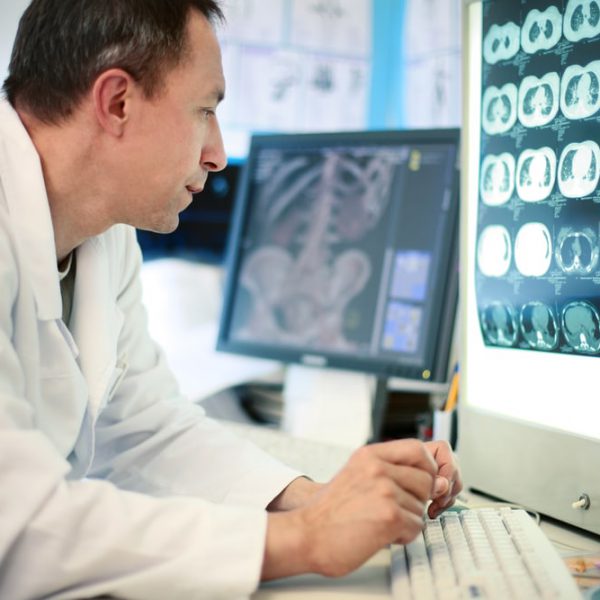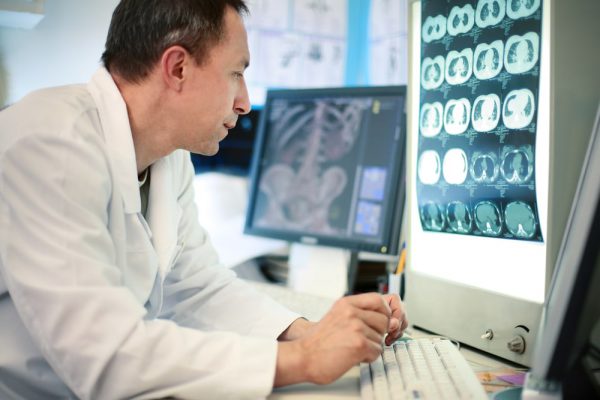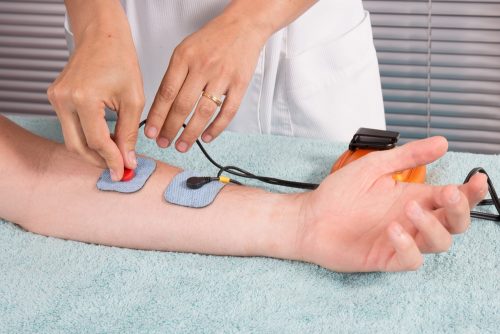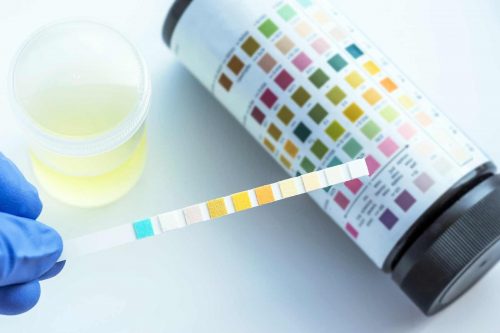Fast appointments to bone scans in Israel
What is “bone scan”?
A bone scan or also known as bone Scintigraphy or skeletal scintigraphy, is a nuclear medicine imaging technique of the bones. It helps evaluate and diagnose the difference of the bone diseases and conditions including fractures, infection and cancer, using minor amounts of radioactive materials known as radiotracers that are commonly injected into the bloodstream, swallowed or inhaled.
Why do you need bone scan?
- This technique can diagnose different broken bones that are not clearly seen on the X-ray, such as stress fractures or hip fractures.
- Can locate damage of the bones that was caused by some infections or different conditions
- It can locate bone cancer or determine if the cancer is from different area, such as the lung, breast, kidney, prostate gland or thyroid gland, has already spread (metastasized) to the bone itself.
- Bone scan can diagnose the cancer or the location of some unexplained pain of the bones, such as continuing back pain. The bone scan may be the first assist to determine the precise location of an unusual bone in the complex bone structures, such as the foot or the spine. Further evaluation can be done with CT scan (computed tomography) or with MRI (magnetic resonance imaging).
Are there any risks?
Rarely, some allergic reactions of the tracer (radiotracer) can appear. Most of the tracer will get rid of from your body through the urine or stool in the next day or two. It’s very important to flush the toilet immediately and wash the hands with water and soap.
The amount of radiation is very small and it’s not presents risk to the people that come in contact with you.
There is possibly a minor risk of damaging the cells or the tissue it self, from being exposed to any radiation, including the same low level radiation released by the tracer.





